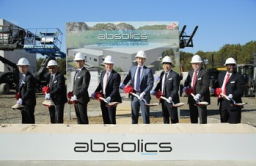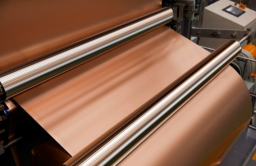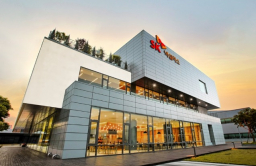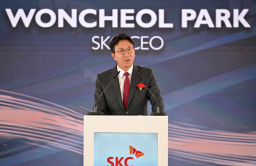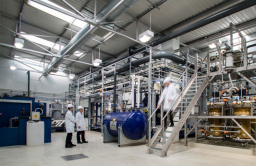-
KOSPI 2577.27 -2.21 -0.09%
-
KOSDAQ 722.52 -7.07 -0.97%
-
KOSPI200 341.49 +0.02 +0.01%
-
USD/KRW 1396 -2.00 0.14%
SKC to showcase innovative chip, battery materials at CES 2023
Batteries
SKC to showcase innovative chip, battery materials at CES 2023
Together with 7 SK Group affiliates, SKC will unveil dozens of eco-friendly products and technologies at the trade show
By
Dec 25, 2022 (Gmt+09:00)
2
Min read
News+
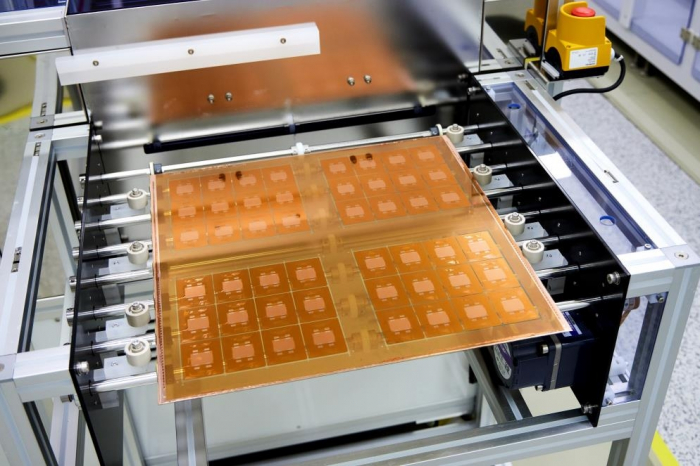
SKC Ltd., a South Korean chemical materials maker, will showcase innovative materials for rechargeable batteries and semiconductors at CES 2023, the world’s largest electronics fair to be held in Las Vegas next month.
The company said on Sunday it will run a joint exhibition hall with seven other affiliates of SK Group at the event, where it will unveil life-size semiconductor glass substrates for high-performance computing, copper foil for secondary batteries, silicon anode materials and systems for recovering waste plastics.
It will be the first time for SKC to unveil actual-size products to the public, the company said.
A glass substrate is a thin layer of glass on which memory chips are mounted to create the brain of a computing system.
With a thickness that is only a fourth of a conventional printed circuit board (PCB, a glass substrate is relatively easier to miniaturize chip packaging, significantly increasing the performance and energy efficiency of chipsets.
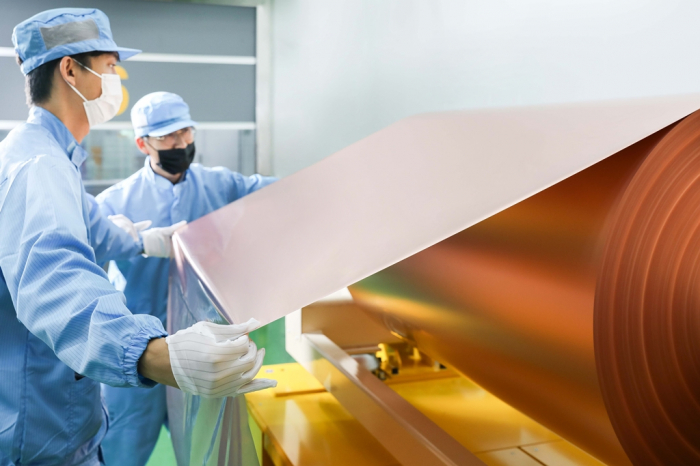
SKC, through its US affiliate Absolics Inc., plans to commercialize the product as early as the second quarter of 2024.
SK Nexilis Co., an SKC affiliate, will showcase its technology to manufacture copper foil, a core material for electric vehicle batteries and semiconductor materials.
A copper foil is a thin foil that surrounds the anode, the negative end of a lithium-ion battery.
WORLD’S THINNEST, LONGEST COPPER FOIL
As the world’s largest copper foil maker, SK Nexilis has developed technology to produce copper foils with a thickness of 4 micrometers, or one-thirtieth the diameter of a human hair, a width of 1.4 meters and a length of up to 77 km per roll.
SK Nexilis is supplying copper foil to a number of global battery makers, including Korean companies such as LG Energy Solution Ltd. and SK On Co.
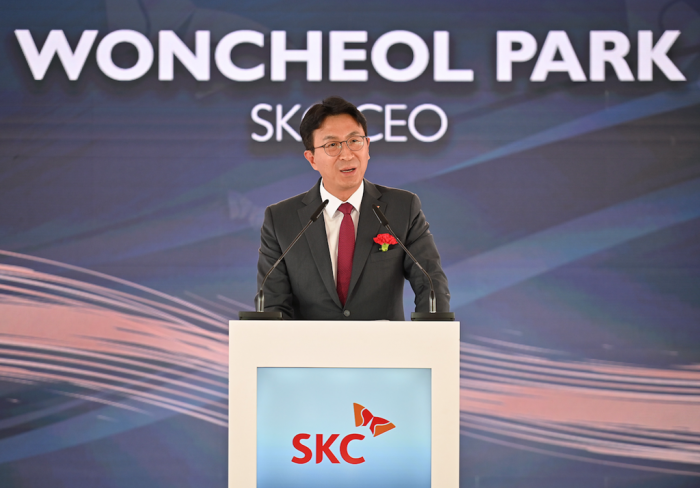
The company’s copper foil recently received the product carbon footprint certification from The Carbon Trust, a UK-based global eco-friendly product certification organization.
At CES 2023, SK will also unveil silicon anodes, which significantly improve battery charging speed and extend EV mileage, as well as eco-friendly materials such as PBAT, a biodegradable copolymer, and LIMEX, a recyclable material used in products from bags to business cards.
“As a global ESG company, we will show our determination to achieve net-zero carbon emissions by 2040,” said Na Yoon-a, an SKC executive.
SK Group plans to unveil more than 40 eco-friendly products and technologies, including EV batteries; high-efficiency semiconductors and waste-to-energy conversion technology, at the trade show.
Write to Ik-Hwan Kim at lovepen@hankyung.com
In-Soo Nam edited this article.
More To Read
-
Dec 14, 2022 (Gmt+09:00)
-
Nov 14, 2022 (Gmt+09:00)
-
Aug 03, 2022 (Gmt+09:00)
-
Jul 08, 2022 (Gmt+09:00)
-
Nov 01, 2021 (Gmt+09:00)


